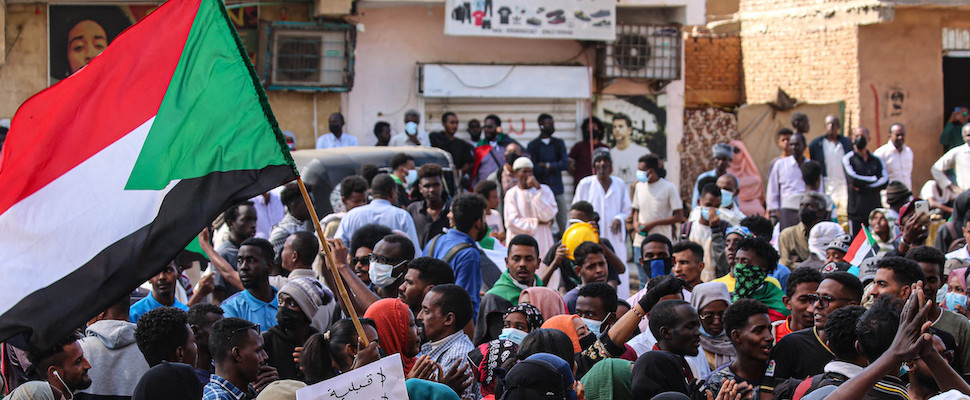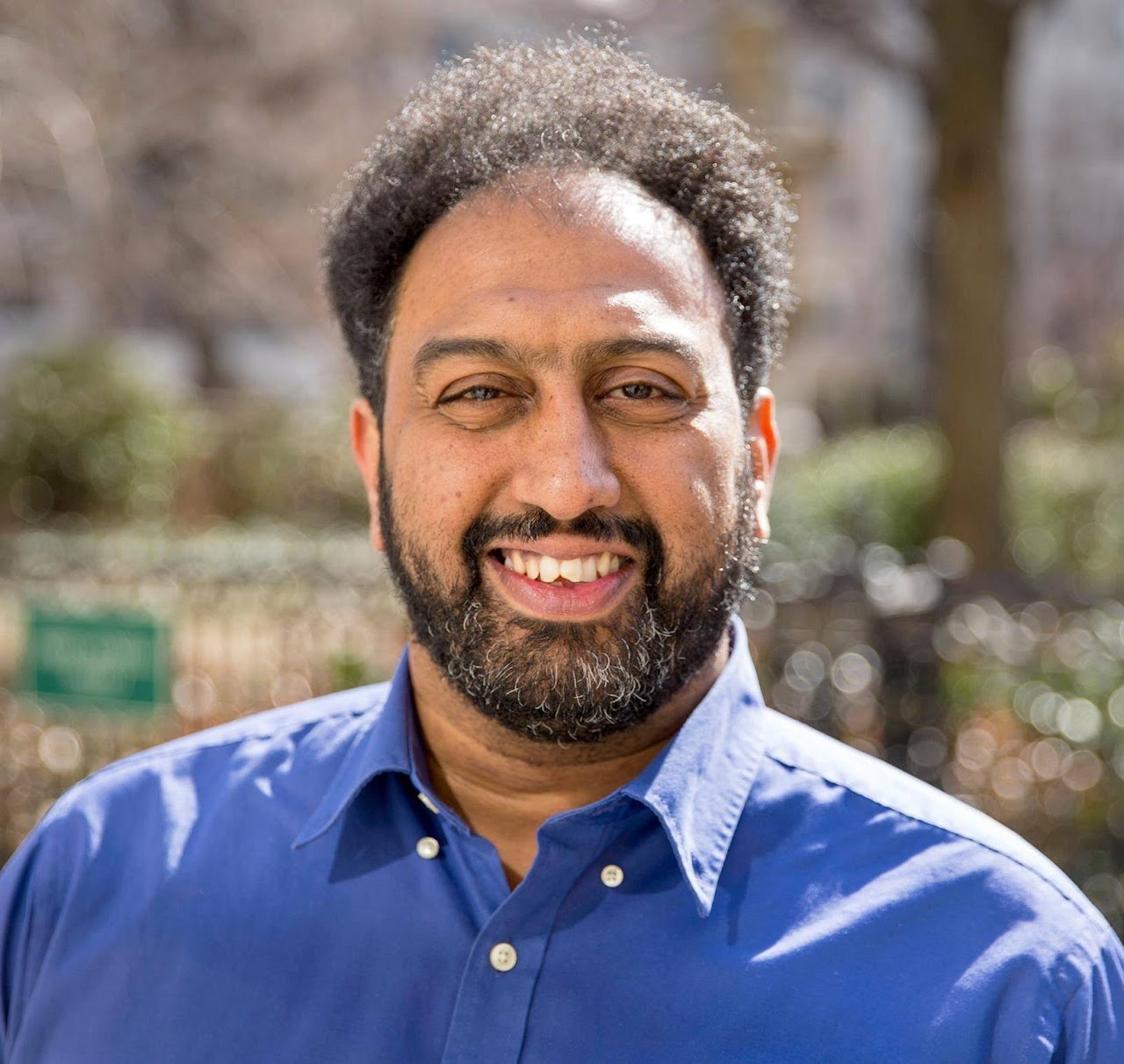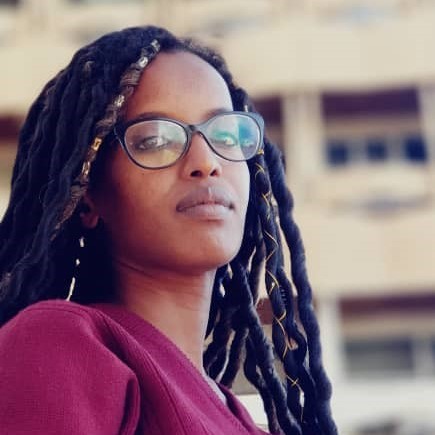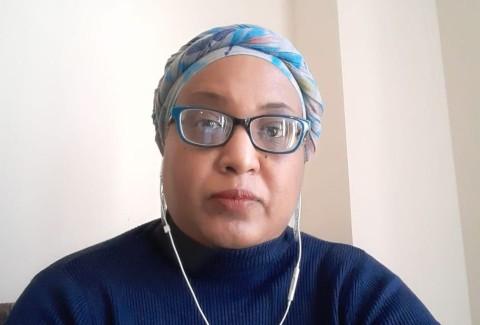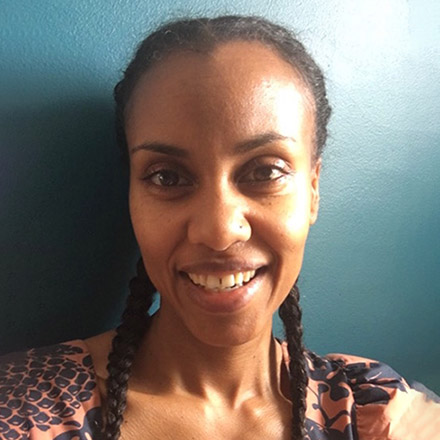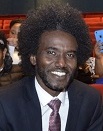As the United Nations and Western powers attempt to bring Sudanese civilians and the military to the negotiating table, the perspective of those driving Sudan’s resistance movement on the ground is absent from the global policy discourse. Protests, boycotts, and civil disobedience have not subsided and the number of protesters arrested, maimed, and killed is steadily on the rise, yet there is a clear decline in international media focus and interest in hearing their demands.
On Wednesday, March 9, 2022, TIMEP hosted a panel discussion moderated by Isma’il Kushkush bringing together analysts, advocates, and members of Sudan’s tenacious resistance movement, including Muzan Alneel (TIMEP), Sara Abdelgalil (NHS, Governance Programming Overseas), Dr. Bakry Elmedni (Long Island University), and Nisrin Elamin (Bryn Mawr College). Panelists reflected on how the situation has evolved since October, but more importantly, shared their perspective on how the international community can better serve the Sudanese people who have taken to the streets to counter the military coup and its aftermath. Panelists also offered insights on the future of Sudanese resistance and their vision for representative democracy in Sudan.
Watch the recording here:
Speaker Profiles:
Isma’il Kushkush (Journalist), moderator
Isma’il Kushkush is a journalist who has contributed to The New York Times, The New Yorker, The Atlantic, The Nation, CNN, the Associated Press (AP), Reuters, Guernica Magazine, Quartz Africa, Voice of America and Al Jazeera English. He was based in Khartoum, Sudan, for eight years, and for two three-month periods in 2014 and again in 2015, he was acting bureau chief for The New York Times in East Africa based in Nairobi, Kenya. He has covered political, economic, social and cultural stories from Sudan, South Sudan, Kenya, Ethiopia, Somalia, Burundi, Sweden, Israel the Palestinian territories and the United States.
Muzan Alneel, Nonresident Fellow at TIMEP
Muzan Alneel is a Nonresident Fellow at TIMEP focusing on people-centric approach to economy, industry, and environment in Sudan. She is a writer and public speaker with an interdisciplinary professional and academic background (engineering, socioeconomics, public policy). Muzan is the co-founder of The Innovation, Science and Technology Think-tank for People Centered Development (ISTiNAD) – Sudan. She’s also a volunteering consultant on Industrial Policy in the Industrial Research and Consultancy Center (IRCC) – Sudan. She has previously worked as project manager for engineering projects in the private sector and currently consults on project management for SMEs. She holds a Masters of Engineering in Technical Management and a Bachelor of Engineering in Mechanical Engineering. You can follow her on Twitter at @MuzanAlneel.
Sara Ibrahim Abdelgalil, Paediatric Consultant with the National Health Service (NHS) U.K.
Sara Abdelgalil is the previous president of the U.K. branch of the Sudan Doctors Union, and was the spokesperson from 2018 -2019 for the Sudan Professionals’ Association, the pro-democracy unions’ alliance that led to democratic change in Sudan in 2018. She is also the co-founder of Governance Programming Overseas, a Sudanese hybrid NGO that promotes governance for successful democratic transition.
Nisrin Elamin, Assistant Professor of International Studies, Bryn Mawr College
Nisrin Elamin (she/her/hers) received her Ph.D. in cultural anthropology from Stanford University in 2019 and her B.A. in sociopolitical development studies from Harvard University in 2000. Her work explores the relationship between land, belonging, migration and geopolitics in postsecession Sudan and the broader Sahel region. Her current project examines the ways landless and landholding communities are negotiating and contesting changes in land ownership prompted by a recent wave of Gulf Arab corporate investments in Sudanese land. It situates contemporary, state-driven ‘land grabs’ in the agricultural Gezira region of central Sudan, within a layered history of enclosures and unequal landed relations shaped by legacies of enslavement and colonial rule. Methodologically, it combines a multi-sited ethnographic study of land dispossession in rural and peri-urban communities with a historical analysis of the ways the Gezira has been imagined as the answer to various colonial and post-colonial development visions.
Dr. Bakry Elmedni, Associate Professor of public policy and administration at the School of Business, Public Administration and Information Sciences, Long Island University, Brooklyn New York
Dr. Bakry Elmedni is an associate professor of public policy and administration at the School of Business, Public Administration and Information Sciences, Long Island University, Brooklyn New York. He holds a B.Sc. in business administration from University of Khartoum (Sudan), Masters of Public Policy and Administration from the American University in Cairo and a Ph.D. in Urban Affairs and Public Policy from the University of Delaware. Prior to joining LIU, he worked in international development in east Africa and the Middle East. He is currently the president of theSudan Studies Association and cofounder and treasurer of ASPA’s Section on African Public Administration, the American Society of Public Administration (ASPA).
